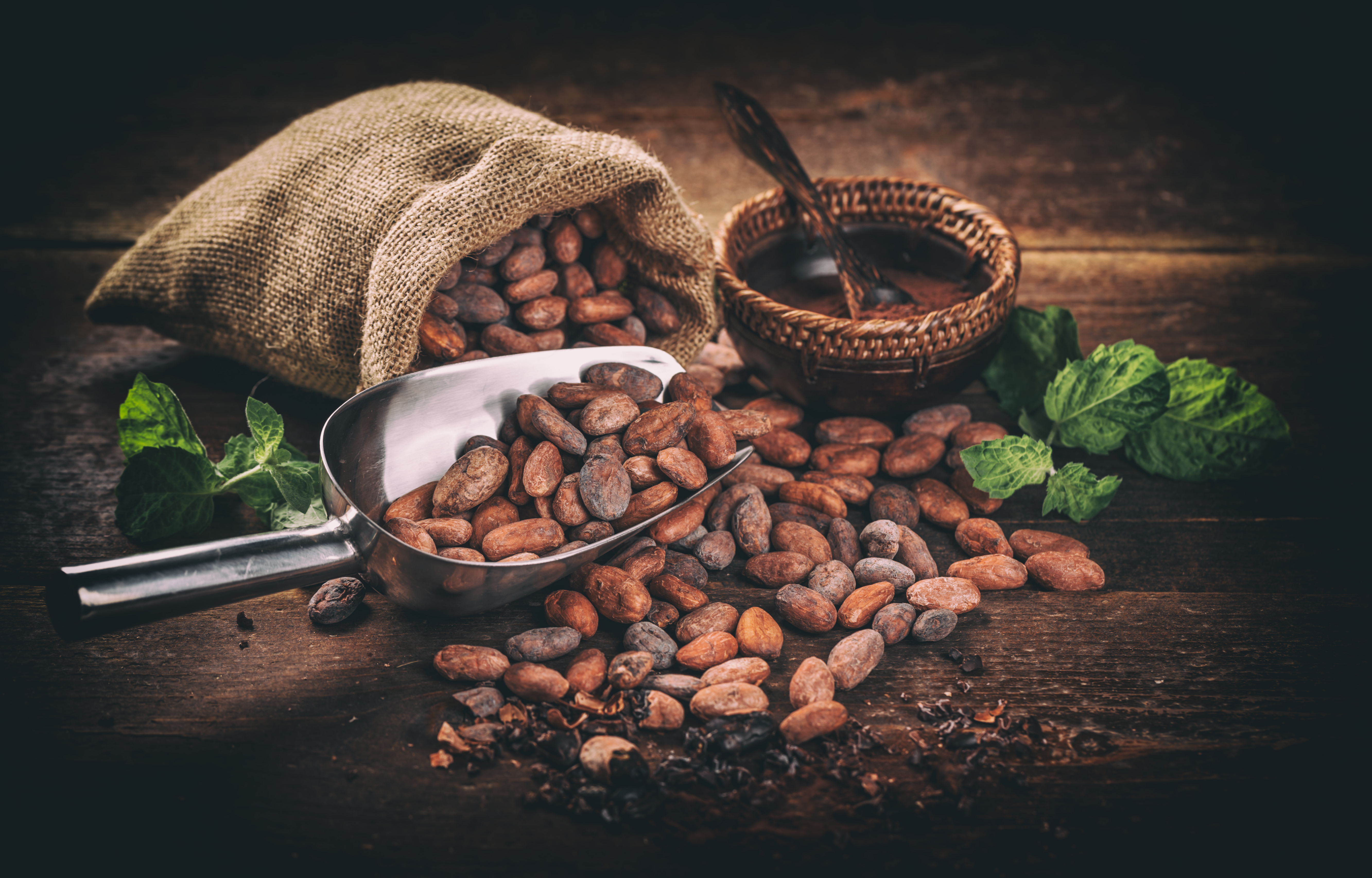We’re talking game-changers, and the findings are expected as soon as 2020! Harvard, Stanford, and Columbia researchers, just to name a few, are further exploring well-documented cocoa flavanol benefits on memory and cardiovascular function, while also breaking new ground in the areas of Raynoud’s Phenomenon, post surgical recovery, and athletic performance.
Harvard University: Cardiovascular Health, Cancer and Cognition
Right now, over 22,000 men and women across the U.S. are in their last year of COSMOS, a Harvard-run, five-year randomized trial measuring the impact of daily cocoa flavanol consumption (600mg) on cardiovascular health and cancer. COSMOS is looking to confirm and extend the favorable findings of prior smaller studies – that daily cocoa flavanol consumption reduces the risk for developing heart disease, stroke, and cancer (while improving cognition).
Initial results are expected late 2020, and are poised to reshape nutritional guidelines, impact medical practice, and forever change the way the world views cocoa and chocolate!
Stanford University: Accelerating Recovery from Surgery
Can a five-day course of dark chocolate (1,000 mg cocoa flavanols/day) enhance recovery and reduce the length of a hospital stay after surgery?
In this potentially groundbreaking study out of Stanford University, Dr. Martin Angst and his collaborators aim to demonstrate just that! They’re researching the impact of cocoa flavanols on reducing inflammation that causes tissue damage and delayed healing. Results are expected in early 2020.
Columbia University: Memory
In 2014, Columbia University announced the results of a small but groundbreaking study that found an almost three decade reversal in age-related memory loss in healthy adults, 50-69, consuming 900mg of cocoa flavanols daily over 12 weeks! A follow-up to this study with 260 healthy participants to confirm and extend the findings of the earlier trial conducted by Dr. Scott Small is nearing completion with results expected mid 2020.
University of Nottingham: Raynaud’s Phenomenon
Raynaud’s disease, characterized by poor circulation, particularly in fingers and toes, causes numbness and pain in response to cold temperatures or stress. Drugs used to relieve symptoms of Raynaud’s disease frequently target increasing nitric oxide levels as a means to improve circulation. So it makes perfect sense that cocoa flavanols, which boost nitric oxide levels, would be helpful for Raynaud’s syndrome.
Participants in this intriguing University of Nottingham study are consuming 836mg of cocoa flavanols daily for three months. Results are expected late 2020.
University of Saskatchewan: Exercise Performance
This compelling cycling performance study looks to confirm benefits observed in a similarly designed study by Patel et al. that showed improvements in two minute time trial performance and lactic acid threshold measures, and an improvement in VO2 max. The Saskatchewan study will test performance over a 10K time trial and measure levels of glucose and lactate before, during, and after exercise. Results are anticipated early 2020.



